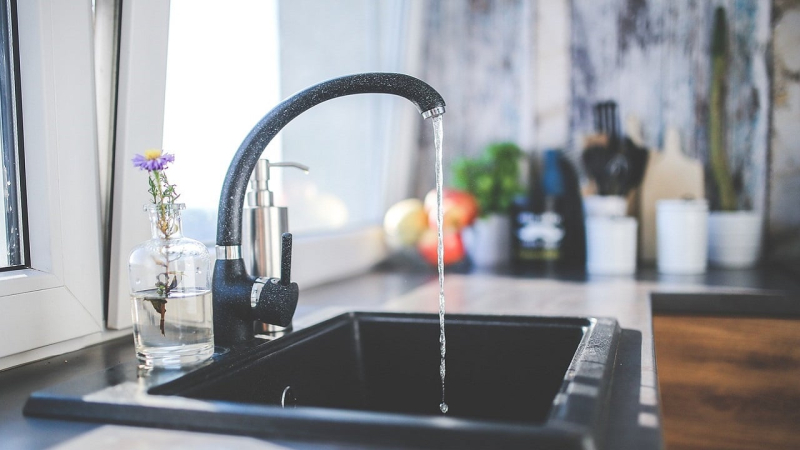
What is a shortage of drinking and industrial water — Residents of the Kherson region know it well. Last year, the Russians blew up the Kakhovka hydroelectric station and caused an entire environmental disaster. Decline of water in wells — just one of the consequences. However, village residents simply do not have enough water to cook food, water livestock or water vegetables. Water from old wells is no longer suitable due to the level of pollution after the dam was blown up.
The Coca-Cola Foundation together with the Ukrainian Red Cross undertook to correct this situation. To overcome the humanitarian crisis, the Foundation allocated $300 thousand to a project that will help provide drinking water to the Kherson, Nikolaev, Zaporozhye and Dnepropetrovsk regions.
Last year, the Kakhovka dam, blown up by the Russians, carried away entire districts of Kherson and entire villages under water, and most importantly — human lives. When the water left, another disaster occurred — environmental. Water problems have arisen in Kherson and some villages in the region. Then the only salvation was bottled water.
Now watching
— First of all, our volunteers delivered this water to the Korabel microdistrict, which was flooded, to the countryside in villages such as Antonovka, Zelenovka, Sadovoye, Chernobaevka. These were the villages that suffered from flooding, — says the head of the Kherson regional organization of the Ukrainian Red Cross Larysa Marchenko.
Water shortage due to the explosion of the Kakhovka hydroelectric power station
After the dam was blown up, local residents immediately felt a lack of water, even the local river dried up.
— There was water in the village, of course. Although, not with as much pressure as we wanted, there was some water. Let’s say there wasn’t enough of it, because the village is large. This water was only enough to cook food, water animals, — says Alevtina, a resident of Chernobaevka.
But due to the level of pollution — This water should not be consumed — says the head of the community.
— After the Kakhovka hydroelectric power station was blown up, the most powerful well, which is located near the Verevchyna riverbed, was flooded and the laboratory indicators… were negative and we were forbidden to use it. The total flow rate that this well overcame was about 50 cubic meters per hour. Therefore, we had to drill new wells, — notes the head of the Chernobaivka rural military administration Igor Dudar.
All this time, bottled water has been brought to local residents from Nikolaev and Kherson. However, this does not solve the problem, in addition, the road to Chernobaivka is constantly being shelled by the Russians. The Coca-Cola Foundation has financed the construction of a new artesian well for Chernobaivka, the project is being implemented by the Ukrainian Red Cross. The well has already been launched, which has solved the problem with water pressure in the community.
— Access to clean drinking water is vital to public health and well-being. We support the efforts of the Ukrainian Red Cross to improve access to drinking water for affected communities that lack it. Ensuring sustainable access to drinking water remains a leading area of our work, — notes the President of the Coca-Cola Foundation Carlos Pagoaga.
To overcome the humanitarian crisis with drinking water, the Coca-Cola Foundation allocated $300 thousand. The project will help restore access to clean water in the Kherson, Nikolaev, Zaporozhye and Dnepropetrovsk regions. And it’s not just about the construction of wells.
— We currently operate several water purification systems. That is, there is a part — is the provision of bottled water, there is a part — drilling of artesian wells, and there is part of water purification and provision of technical water as well. Therefore, the functioning and operation of these purification systems are also included in this project, — says General Director of the Ukrainian Red Cross Maxim Dotsenko.
Since the beginning of the great war, the Coca-Cola company system, together with the Foundation, has pledged to provide Ukrainians with charitable assistance worth more than $35 million. In addition to the purchase of generators and mobile boiler houses, they are financing the restoration of a kindergarten in the Kyiv region and solving the most pressing needs, such as restoring drinking water sources. These initiatives are implemented jointly with the Ukrainian Red Cross.

